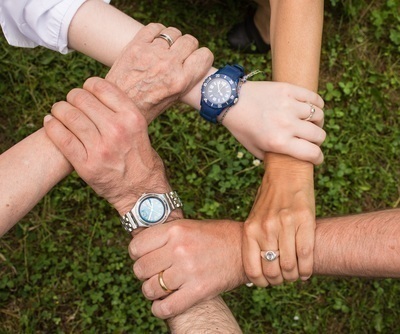Please activate cookies in order to turn autoplay off Youngsters repeatedly passed over by potential adoptive parents are to meet families over food, drink
and games parties that bring hard-to-place children together with prospective parents over food, drinks and games are to be held by the British Association for Adoption and Fostering. The agency hopes that the controversial events will increase the chances of finding homes for young people repeatedly passed over by potential adoptive parents, such as those aged over five, sibling groups, children of black and minority ethnic origin, and those with mental and physical disabilities. “It’s true that these parties show we are moving up the tariff of risk in the ways we are being forced to seek out families for these children,” admitted Mo O’Reilly, director of child placement for the BAAF. “But the truth is that if we don’t take this step, these children face the even greater risk of remaining unplaced, perhaps for ever. The project will help children for whom all other family-finding methods have failed and who face a life of multiple moves around foster homes. “This is not just about putting some jelly and ice-cream in a parish hall and inviting everyone along,” she added. “We are going to hold these parties professionally and in the best way that we know how, and we are pretty optimistic that these parties could be a success.” However, Jonathan Ewen, head of fostering and adoption services at Barnardo’s, gives the parties only a cautious welcome. “In the light of the dearth of children being placed, it’s quite right to try what seems like quite radical methods,” he said. “The danger is that if a prospective adopter makes a connection with a child too early, they can get emotionally caught up without properly understanding the difficulties that child has had and the problems they will bring with them.
About 10 families and 20 children will be invited to each event, which will take the form of a children’s party, hosted in community centres by the prospective parents themselves, who will organise group games and one-to-one activities.
Adoption Parties Aim To Match Parents With Hardtoplace Children 2009: Please Activate
Adoption parties aim to match parents with hardtoplace children

